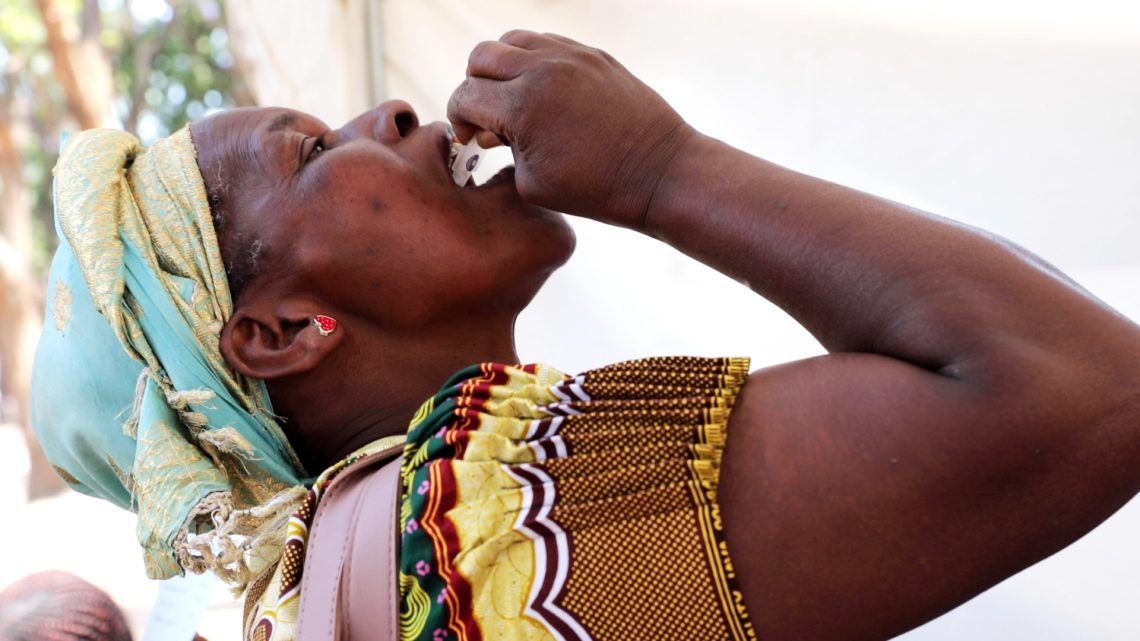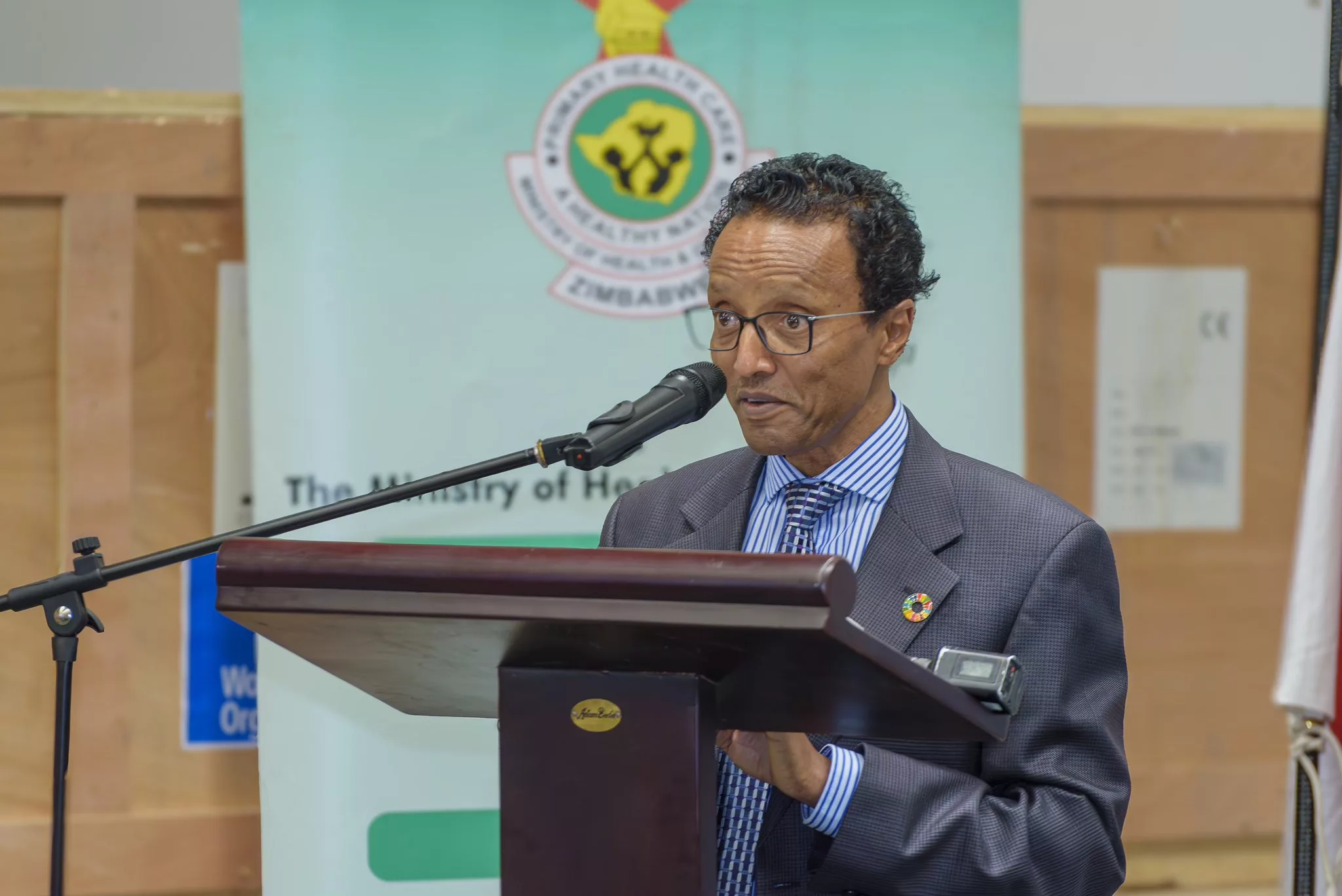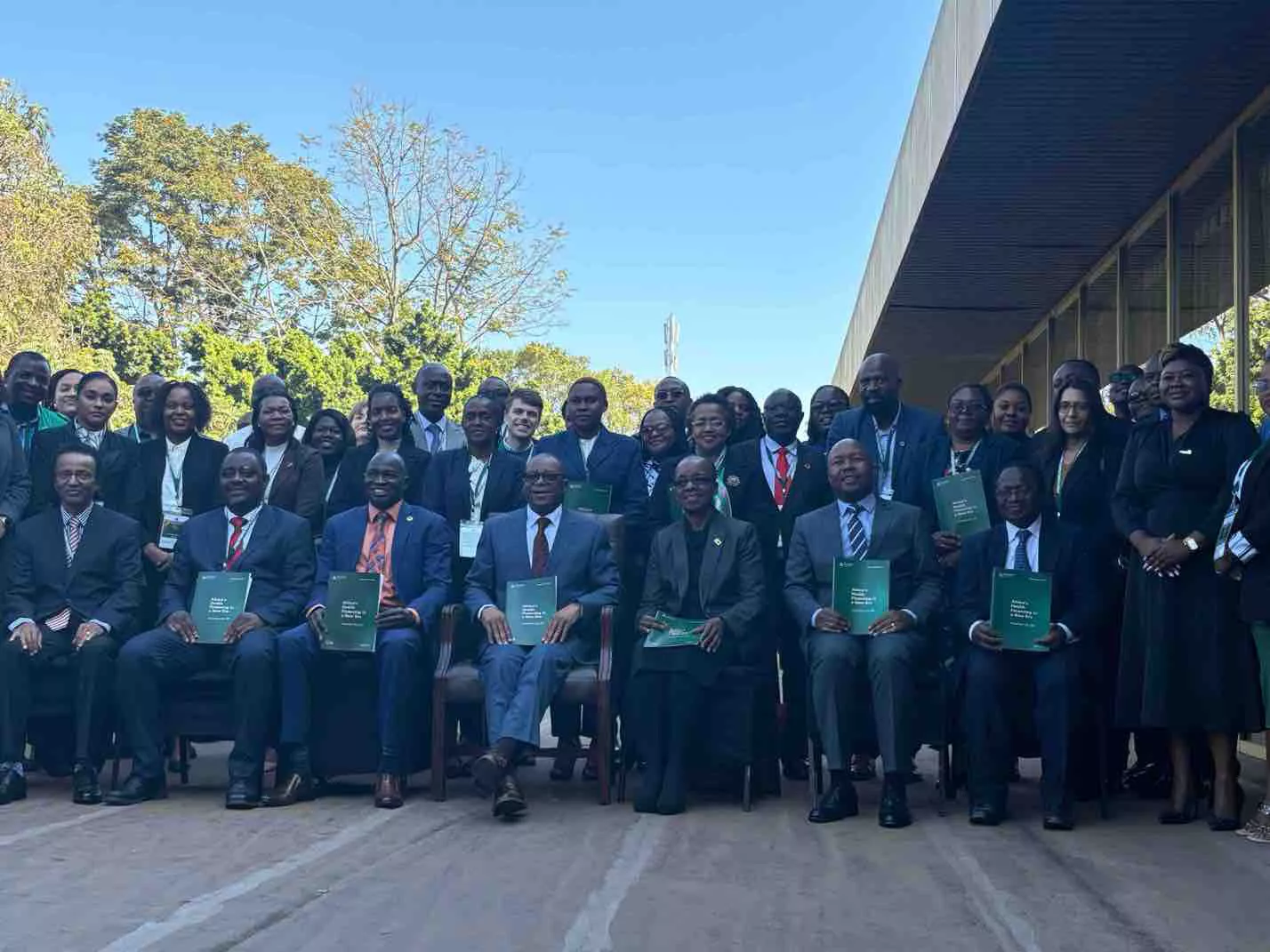Médecins Sans Frontières (MSF)/Doctors Without Borders’ response to Zimbabwe’s second largest cholera outbreak is bearing a positive impact towards addressing the epidemic.
Zimbabwe has been grappling with cholera since 12 September 2018 when the outbreak was officially declared an emergency. This is the second largest cholera outbreak the country has seen after the devastating epidemic that left more than 4,000 people dead in 2008.
In its update on the situation and how it has been helping in the fight against cholera, MSF said as of 21 October, 43 people died due to cholera, with 188 cases confirmed and over 9,100 cases reported. This is the fourth cholera outbreak to occur in nine months.
Since the outbreak and upon an invitation from the national authorities, MSF has been providing logistical and technical support by mobilising human resources and materials.
As the situation evolved, MSF provided case management support, infection control as well as technical and logistical support for cholera treatment centres and stabilisation centres set up in Glenview, at the Beatrice Road Infectious Diseases Hospital, Budiriro, Buhera, Chitungwiza and the Harare Central Hospital. A total of 214 nurses and 108 general workers, environmental health technicians (EHTs), nurse aides and sprayers in infection control, have been trained in case management and mentored by MSF.
In partnership with the Ministry of Health and Child Care (MoHCC) and support from the World Health Organisation (WHO) and other partners, MSF has also supported the planning and management of vaccination campaigns in order to prevent the spread of cholera. The first two phases, launched on 3 and 15 October respectively, vaccinated around 760,000 people in four Harare suburbs as well as Epworth and Chitungwiza. The third phase of the campaign which started on 25 October, is targeting 714 760 people in nine suburbs in Harare.
“This integrated approach allowed MSF to intervene in a way that was resource efficient,” says Bjorn Nissen, MSF’s country director in Zimbabwe. “We took on the role of mentor, providing nurses, skilled water and sanitation experts and logisticians at various critical points to build the technical capacity of city and national health authorities.”
After the first case was reported in Glenview suburb, the disease quickly spread to other residential areas in Harare, with more cases seen across the country. Harare’s water system is old and falling apart, causing water loss and contamination from growing dumping sites and sewage. Densely populated suburbs like Glenview are particularly prone to waterborne diseases, as inadequate supplies of safe water force people to use unsafe alternatives like hand-dug wells and boreholes.
ABOUT MSF’s RESPONSE IN ZIMBABWE
MSF has been responding to recurrent outbreaks of cholera and typhoid in Zimbabwe, particularly in Harare, since 2008. In 2018 alone, MSF has supported the response to eight outbreaks of cholera and typhoid across the country.
Since 2015, MSF has been developing solutions to bring safe, clean water to vulnerable communities in high density suburbs in Harare. Teams have been drilling new boreholes and upgrading existing ones to help prevent waterborne diseases in the city.






